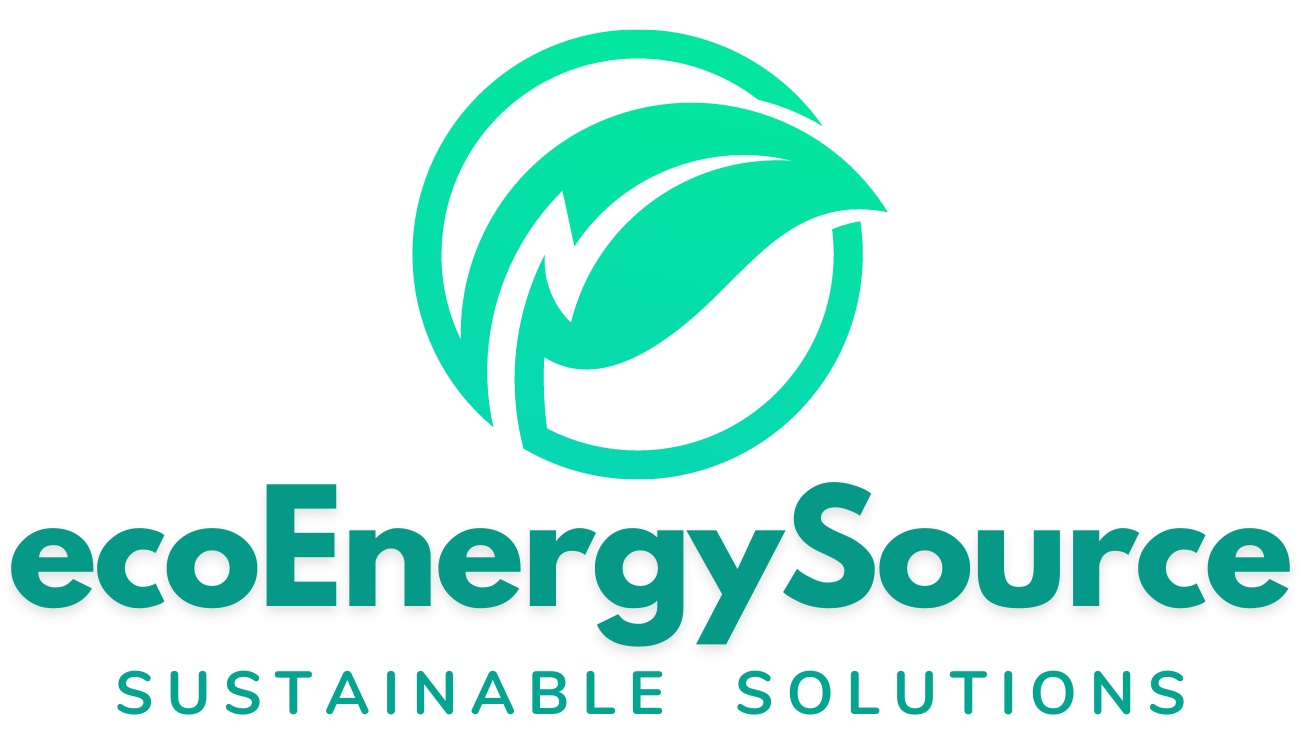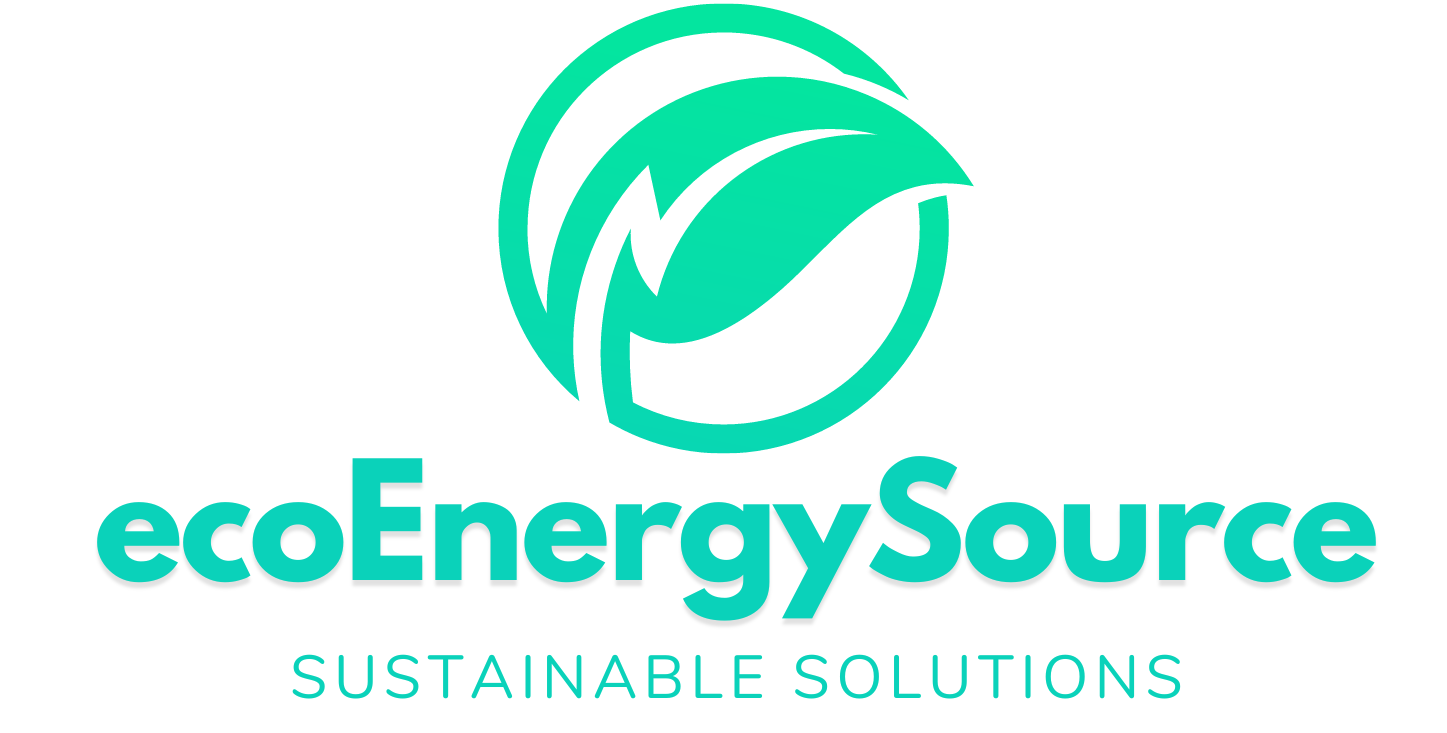Introduction
The UK isn’t exactly famous for endless sunshine, which makes many homeowners wonder: “Is solar energy worth it here?” The truth is, while weather does affect solar panel output, modern technology ensures that solar power is still highly effective—even on cloudy days.
Here’s how weather impacts solar energy in the UK and why investing in solar is still a smart choice in 2024.
1. Understanding Solar Panel Performance
Solar panels generate electricity by capturing sunlight. While bright, direct sunlight produces the most energy, panels also work in:
- Overcast or cloudy conditions – Solar panels still generate power even on dull days, though at reduced efficiency.
- Rainy days – Panels produce energy and benefit from rain washing off dust or debris.
- Cold weather – Surprisingly, solar panels can be more efficient in cooler temperatures than on hot days.
💡 2024 Insight: A modern UK solar panel can produce 20–40% of its peak output on a cloudy day—enough to make a noticeable difference on your electricity bill.
2. Seasonal Variations in the UK
Energy production does fluctuate with the seasons:
- Summer: Long daylight hours = maximum generation.
- Winter: Short days = lower output, but batteries and grid connection help balance usage.
- Spring & Autumn: Moderate output with a mix of sun and clouds.
💡 Tip: Adding a home battery system allows you to store excess summer energy for use in winter or at night.
3. Technology That Optimizes Performance
Advancements in solar tech reduce the impact of weather:
- High-efficiency PV panels capture more light, even in low sun conditions.
- Bifacial panels generate power from reflected light on the ground.
- AI-powered energy management systems optimise when energy is stored or used.
💡 2024 Prediction: Homes with smart panels and battery storage can cover 70–80% of annual energy use even in cloudy regions.
4. Weather-Resilient Benefits of Solar
Even with variable weather, solar energy remains worthwhile:
- Predictable savings: Your system still generates power every day, reducing electricity bills.
- Government incentives: SEG payments and 0% VAT on panels and batteries improve ROI.
- Environmental impact: Every kWh produced reduces reliance on fossil fuels.
💡 Pro Tip: Panels are designed for UK weather—resilient against rain, snow, and moderate hail.
5. Planning for Maximum Efficiency
To make the most of solar in the UK:
- Roof orientation: South-facing is ideal; east/west still works well.
- Tilt angle: Adjustable or optimised angles improve year-round production.
- Shading analysis: Avoid trees, chimneys, or neighbouring buildings that cast shadows.
💡 2024 Insight: A professional solar assessment ensures your system performs optimally, rain or shine.
Conclusion: Don’t Let Weather Stop You
Cloudy, rainy, or cool—the UK’s weather doesn’t prevent solar energy from being worthwhile. With modern technology, smart energy systems, and government incentives, solar panels remain a profitable, sustainable, and reliable energy solution for UK homes and businesses in 2024.
At Eco Energy Source, we help homeowners and businesses design solar systems that work efficiently, no matter the weather. Contact us today to see how much you could save—even on cloudy days.




